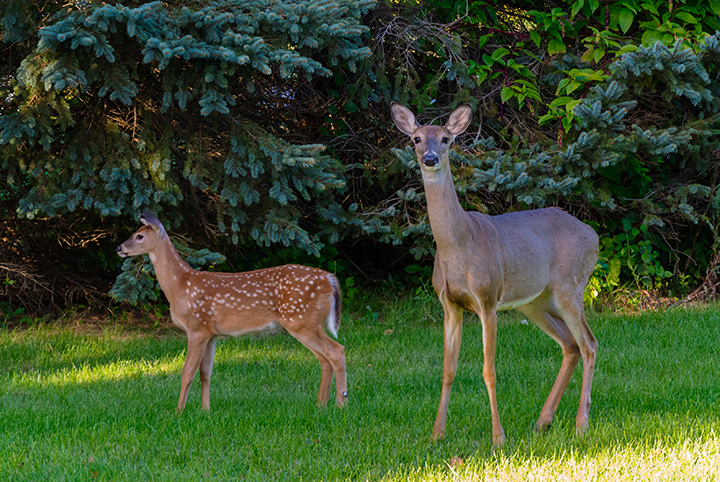
While many would argue emotions are what makes us human, there are at least a few among us who lean more toward the belief that emotions are what make us less than human. The actual truth may be somewhere in between. The first camp would point to sympathy and compassion as emotions that typify and engender the best face of our humanity. And actually, few would argue with that assertion. But the other camp points to fear, anger, and hate as emotions typifying the worst aspects of our humanity, rendering us far uglier than any ideal visage we may strive for. The fact is, we are both, not always in balance nor in complete control of ourselves. And this year, in particular, populations across the globe have found themselves feeling far more fearful, angry, and hateful than sympathetic or compassionate. The evidence is within the headlines of nearly every single news story and social media post of 2015. The focus or intent is nearly always someone somewhere acting or reacting in fear, anger, or hate to some turn of events. And the net effect has been, not to rally our sympathies, inspire our compassion, and strengthen our commitment to each other, but just the reverse, to alienate us from those around us, inspire our suspicions and distrust, and weaken the institutions that bind us together in sustaining cooperation. Without a doubt, this is the year that fear crept into the most mundane thoughts and decisions of nearly every person’s daily life. And the fabric of our various societies is now consequently on the verge of rupture like no recession or war has ever brought us. So what, what is the answer? Interestingly, there are two notes of hope on the horizon. The first is that face to face interaction actually helps greatly to lessen tensions, counter false impressions, build trust and goodwill, and strengthen feelings of meaningful substantive community. We saw that with the Iran nuclear deal, with the Paris climate talks, and with the US/Cuba detente. And it has worked on some local levels too, with the easing of tensions between neighborhood citizens and police, between workers and employers, between teachers and political administrators, and between litigants with out-of-court settlements. Face to face interaction unravels demonization of “the other” and allows the wisdom within that old Will Rogers/William Butler Yeats derived quote to take hold: “a stranger is just a friend I haven’t met yet.” Secondly, there is starting to be scientific evidence that strong cognitive links between perceptions, thoughts, and motivating emotions like fear can be interrupted and weakened with medical intervention. A recent Sarah Kaplan story in the Washington Post describes work that began with researcher Karim Nader in 1999 and continues more recently with studies by Merel Kindt and Marieke Soeter. Nader demonstrated with mice that conditioned stimulus/fear associations could be broken with a drug that interfered with the reconsolidation process whenever memory of that association was recalled. Consolidation is what happens when a memory is formed in the brain. Protein structures and chemical bonds are synthesized along synaptic pathways stimulated by perception of an original event making the track or pattern of those stimulations somewhat permanent. When memory of that event is recalled, all those structures and bonds are reconsolidated and strengthened, making the memory stronger and more clearly memorable. But if that recall process is interfered with by introducing a disrupting foreign chemical, some or all of the memory is lost. Kindt and Soeter have succeeded in demonstrating in humans that fear of spiders can be selectively disassociated from perception of spiders with the introduction of a chemical that interferes with reconsolidation of the emotion part of earlier spider memories. The hope for humanity is, of course, that as we achieve more control of our evolutionarily inherited biology, e.g. being too easily prone to fear for false and irrational reasons, we might successfully groom our pedigree to be more the sympathetic and compassionate humans we aspire to be. After all, even deer don’t panic or rage at the first sign of something unusual. Best wishes for a less fearful new year. |
• Posted: Dec 31, 2015 14:03:45
• Comments Welcome
• Vote CoolPhotoblogs
• Purchase a Print
• Share
Tuesday, September 22nd, 2015 Bridgman MI USA |